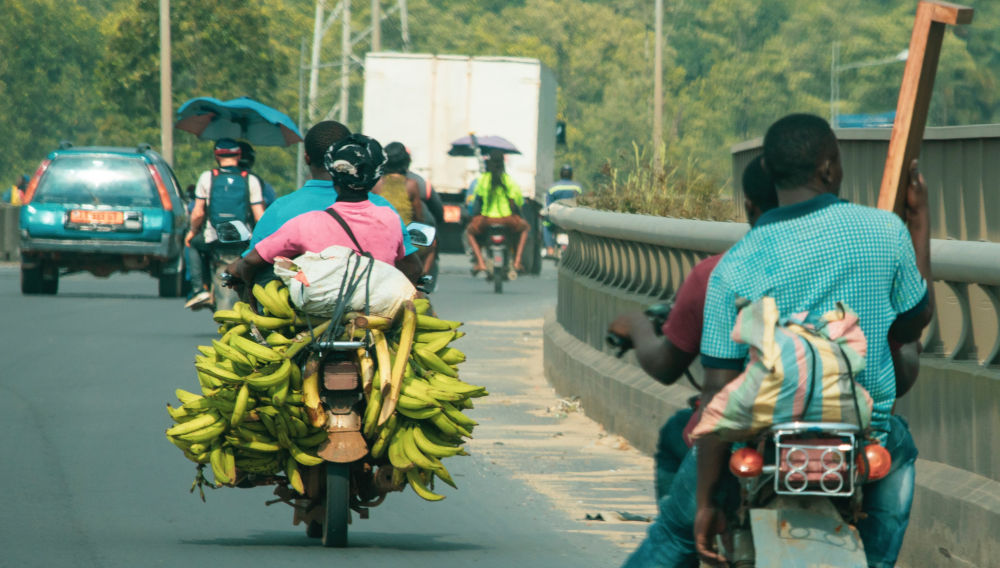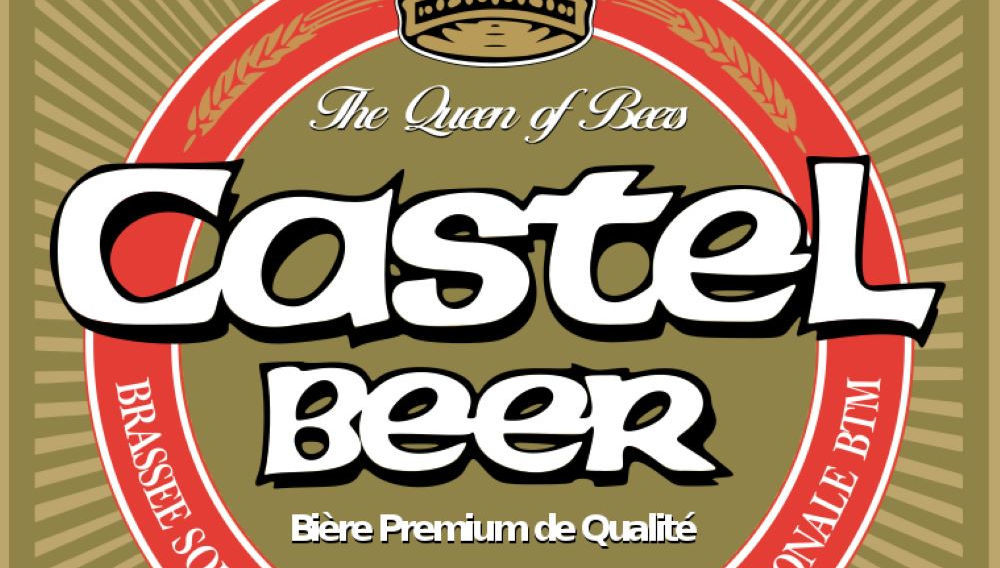A Swiss entrepreneur to open a brewery in Cameroon
Cameroon | A Swiss entrepreneur is shaking up Cameroon's beer market. Eser Karatas’ brewery will come on stream before the year is out in the country's largest city – Douala – with ambitious goals.
When Eser Karatas, 39, a graduate in economics from the prestigious Swiss University of St Gallen, first came to Cameroon in 2012 on a project to launch a 4G network, he saw that his local colleagues loved beer, but always complained about the quality of the available products. He sought to change that. In the end it took him ten years – from first writing a business plan to finally brewing beer.
His firm, called Swiss African Premium Beverage (SAPB), built a 60,000 hl brewery on the outskirts of Douala, a city of some 4 million people (out of 29 million for Cameroon) and the country’s business hub.
How to find investors
A CHF 500,000 (USD 570,000) loan from the Swiss government helped him raise more funds. He also found a Cameroonian investor who proved to be a door-opener when problems emerged on location. By this time, his total budget had risen to about CHF 3 million.
Mr Karatas told the Swiss newspaper NZZ this August that in 2019 already, he had 30,000 bottles of his pilsner-style beer produced in Germany for a market trial in Cameroon. According to him, he drove around the country for weeks in an old pickup truck, visiting bars, hotels, and shops to find out whether and how he could sell his beer – and whether customers liked it.
World events interfered
Although his beer met with approval, it was the covid pandemic which caused a long delay. The brewing kit, which he had commissioned in China, could not be shipped to Cameroon, due to high logistics costs. When his brewery was finally built, the next problem arose: Because of the war in Ukraine, raw material costs had exploded. Mr Karatas had to reschedule again.
For the launch, Mr Karatas has chosen a pilsner-style beer, which is more hopped than the lagers available in Cameroon. It will be a premium-priced product and marketed under the brand name Rox. Distribution will initially be limited to Douala, where consumer spending and beer consumption – 26 litres in Cameroon on average – are highest.
With a staff of 50 people, Mr Karatas now has to prove that his concept actually works.
Taking on the market leader
Good luck to him. As Mr Karatas will know, he is up against a formidable competitor: Société Anonyme des Boissons du Cameroun (SABC), which is a subsidiary of France’s Castel Group, itself the number two brewer in Africa, with 44 million hl of beer output in 2022, according to the Barth Report
Castel has beer and soft drink operations in 20 out of 56 African countries. It is here that the group realises annual revenues of EUR 5 billion (USD 5.4 billion).
Cameroon has long been one of Castel’s most profitable markets, thanks to SABC’s monopoly. Its domination has been contested at various times, but with little success. In 2008, SABC succeeded at shooing away brewer Isenbeck, owned by Germany’s brewer Warsteiner; in 2020 it bought out Heineken’s 8.8 percent stake for reportedly USD 69 million, which gave it sole command of SABC; and in 2022, an exasperated Diageo sold its Guinness brewing operations to SABC for USD 470 million.
With a beer market share in excess of 75 percent, SABC does not leave much room to local competitors – UCB of the Kadji Group and Brasseries Samuel Foyou (BRASAF) – to manoeuvre in the 8 million hl beer market (figure for 2022).
The cola wars
The takeover of Guinness Cameroon was a great boon to SABC. In terms of volume sales, Cameroon is Guinness’s fifth largest market globally (the US is its fourth largest market, while the UK, Nigeria and Ireland occupy ranks one to three respectively).
For Castel, which operates nine beer and soft drinks plants in the country, the move to buy out Guinness filled a large Coca-Cola-sized hole. In April 2022, “after 59 years, the partnership between SABC and The Coca Cola Company ended by mutual agreement,” the SABC statement said. The termination applied to all the African subsidiaries of the Castel group.
For years, the relationship between the two partners had been marked by numerous disputes, both public and private. The main cause of these disputes is the competition between the two groups in soft drinks. When Castel criticised Coca-Cola for imposing unprofitable conditions on it, and reduced the retail price of its own soft drink brands, Coke considered this a unilateral breach of their agreement, which led to the eventual divorce.
SABC dominates the soda market – for now
Coca-Cola has since scrambled to find new partners across the African continent to bottle and distribute its products. It is now looking at local players, even newcomers, to minimise the risk of finding itself in competition with a major group once again. This desire for control is also reflected in the group’s shareholdings: It likes to acquire stakes in the majority of its bottlers around the world. Castel was an exception, as it always kept its doors closed to Coke.
In Cameroon, Coke has partnered with Gracedom Invest, a brand new Cameroonian-owned soft drinks company, headed by Jacqueline Dongmo, an entrepreneur. Gracedom hopes to capture a 7 percent share of the soft drinks market in 2023, and a 30 percent share after five years, according to Jeune Afrique, a magazine.
Looks like the Cameroonian beer and beverage market could become interesting.
Keywords
breweries Cameroon international beverage market company news
Authors
Ina Verstl
Source
BRAUWELT International 2023


